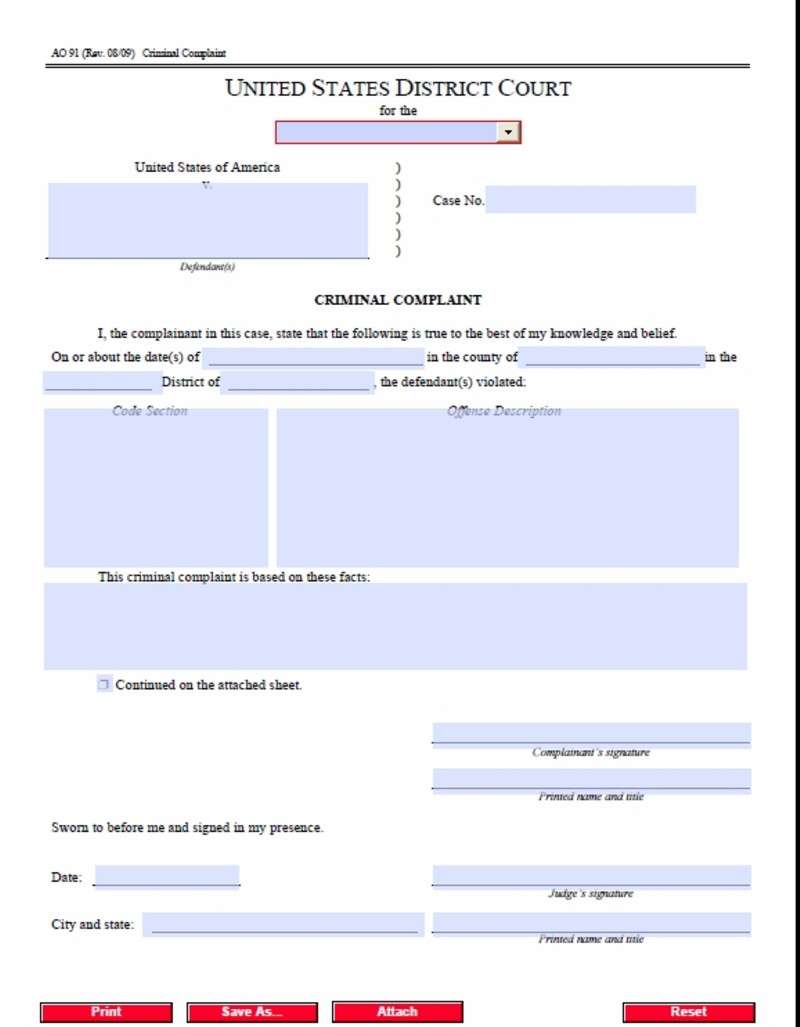http://www.wisegeek.com/what-does-pay-to-order-mean.htm
Former bank teller here...
(1) "Pay to the order of " means that you are signing the check over to the bank. Why would you want to give the bank your money? You wouldn't. I don't recommend this endorsement.
(2) You can endorse a check with only your signature. This is acceptable. However, if you lose it, someone else may attempt to endorse it below you and cash it.
(3) Adding "for deposit only" is designed to prevent the above situation, restricting the check for deposit. This is not required, but it is the safest endorsement, assuming you want to deposit your check.
(4) A bank can stamp an endorsement. If you want to deposit money into my account, just write a check to me, take it to my bank, and tell them that you want to put it in [b]Bearflag's checking account. The teller will stamp the back of the check "for deposit only" with my account number.
Adding your account number with your endorsement tells the bank where the money went or is supposed to go. If your deposit slip and check get separated at the bank, then the bank can still put the check where it's supposed to go by the account number on the back.
Every time you write a check to pay a bill or at a store, you give a stranger your account number, address, name, and signature. The risk of identity theft from an endorsement seems minimal.
Lastly, don't endorse checks until you are about to negotiate them. You don't want to lose endorsed checks. See (2) above.
SPECIAL DEPOSIT. A deposit made of a particular thing with the depositary: it is distinguished from an irregular deposit.
2. When a thing has been specially deposited with a depositary, the title to it remains with the depositor, and if it should be lost, the loss will fall upon him. When, on the contrary, the deposit is irregular, as where money is deposited in a bank, the title to which is transferred to the bank, if it be, lost, the loss will be borne by the bank. This will result from the same principle; the loss will fall, in both instances, on the owner of the thing, according to the rule res perit domino. See 1 Bouv. Inst. n. 1 054.
REGULAR DEPOSIT. One where the thing deposited must be returned. It is distinguished from an irregular deposit.
irregular deposit
Nobody taught me that in school.
Former bank teller here...
(1) "Pay to the order of " means that you are signing the check over to the bank. Why would you want to give the bank your money? You wouldn't. I don't recommend this endorsement.
(2) You can endorse a check with only your signature. This is acceptable. However, if you lose it, someone else may attempt to endorse it below you and cash it.
(3) Adding "for deposit only" is designed to prevent the above situation, restricting the check for deposit. This is not required, but it is the safest endorsement, assuming you want to deposit your check.
(4) A bank can stamp an endorsement. If you want to deposit money into my account, just write a check to me, take it to my bank, and tell them that you want to put it in [b]Bearflag's checking account. The teller will stamp the back of the check "for deposit only" with my account number.
Adding your account number with your endorsement tells the bank where the money went or is supposed to go. If your deposit slip and check get separated at the bank, then the bank can still put the check where it's supposed to go by the account number on the back.
Every time you write a check to pay a bill or at a store, you give a stranger your account number, address, name, and signature. The risk of identity theft from an endorsement seems minimal.
Lastly, don't endorse checks until you are about to negotiate them. You don't want to lose endorsed checks. See (2) above.
SPECIAL DEPOSIT. A deposit made of a particular thing with the depositary: it is distinguished from an irregular deposit.
2. When a thing has been specially deposited with a depositary, the title to it remains with the depositor, and if it should be lost, the loss will fall upon him. When, on the contrary, the deposit is irregular, as where money is deposited in a bank, the title to which is transferred to the bank, if it be, lost, the loss will be borne by the bank. This will result from the same principle; the loss will fall, in both instances, on the owner of the thing, according to the rule res perit domino. See 1 Bouv. Inst. n. 1 054.
REGULAR DEPOSIT. One where the thing deposited must be returned. It is distinguished from an irregular deposit.
irregular deposit
Nobody taught me that in school.





Comment